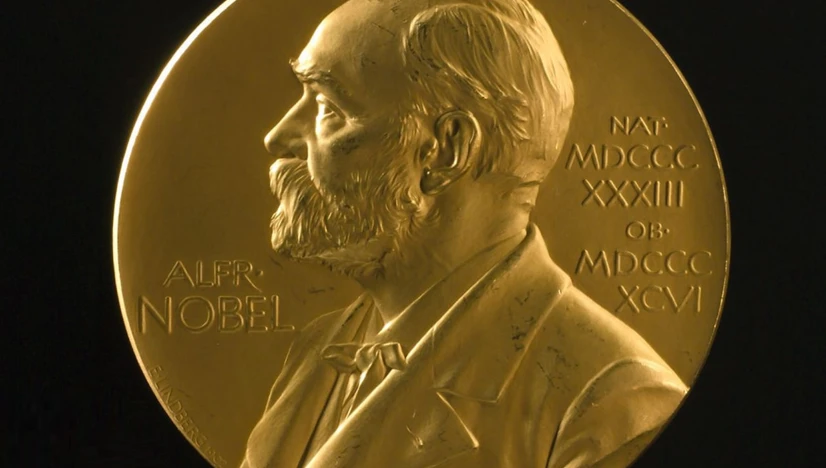Economics by its Nobel prizes
Who are the 86 laureates of the economics “Nobel prize”, and what are their scientific contributions? This course will present the major concepts, theories, and results in modern economics, through an overview of the work of a selection of economics “Nobel prize” as well as Leontief prize laureates.
- Target group: The course will be open to master students as well as Ph.D. students. There is no prerequisite apart from being curious about economics and society.
- Outline: Each lesson will present the theories, concepts, and results introduced by a few major economists, grouped by theme and school of thought, and loosely following a chronological order.
About half of economics “Nobel prize” laureates will be presented, as well as several recipients of the Leontief prize (an annual award to outstanding economists who “address contemporary realities and support just and sustainable societies”). The fourteen lessons will cover: Keynesianism; libertarianism; neoclassical macro; neo-Keynesian macro; foundations of micro; game theory; behavioral micro; micro of organizations and contracts; public economics; econometrics; finance; economics and society (i.e. institutions, development, well-being, environment); development (through Leontief prize winners); macroeconomics (also Leontief).
Comment from our editors:
This course is not meant to talk about the foundation of the Nobel Prize. These lectures are focusing some content on economics with respect to the Leontief prize and the Nobel prize winners.
The course will teach concepts relevant to many different types of interests. Indeed, economics is connected to various other domains (politics, finance, management, statistics, psychology...) and concepts from economics may be applied in a variety of contexts. Besides, the course will help students think about important contemporary issues (public debt, fairness of tax redistribution, the role of government, climate change...). More generally, the course will be valuable for the students' general culture.


